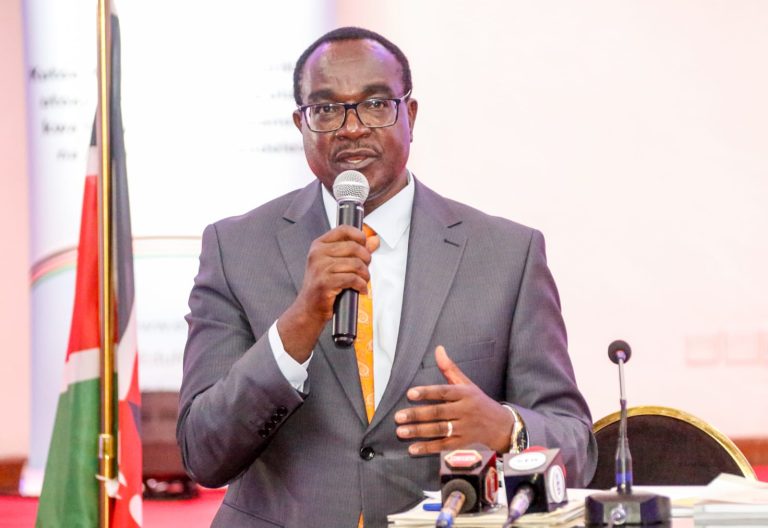It’s time parties plugged youths into leadership
By Raphael Obonyo, May 18, 2022A silver lining for more young leaders entering the August election races is on the horizon if the outcome of the recent political parties nominations is anything to go by.
Linet Chepkorir, alias ‘Toto’, 24, who overwhelmingly won the woman representative aspirant seat for Bomet is a good example of how many youths successfully offered their candidature against odds.
A large number of youth coming up to vie for seats in the election is a new dawn and a good sign that they are now ready to dictate their own destiny. Hence, every Kenyan and civil society organisation of goodwill should drum up support for young leaders who are committed to making a difference in leadership.
Youth have demonstrated a lot of energy, creativity and idealism in all other spheres of life that they have served, which can now be successfully replicated in the political space, where policy initiatives are midwifed.
The aggressiveness with which the youth have plunged themselves into politics this year, with very little resources, places a huge responsibility on political parties to ensure they emerge victorious at the tail end of the electioneering process.
This support includes plugging in youth in party leaderships to influence how challenges facing them can be addressed through the manifestoes being crafted.
The country has a bad history of political parties not including youth when formulating manifestoes hence ending up not incorporating their views to help in solving their plight, largely unemployment and dwindling economic fortunes.
The youth have the potential of changing the future of Kenya and can help the country unleash its full potential. It is very encouraging that leaders are getting younger, especially with the advent of the 2010 Constitution. For instance, Kenya’s Senate is ranked as the most youthful in Africa for having the highest number of young senators.
But age is not what defines youth. The value of youth lies in their vision and creativity. What Kenya needs are young leaders with a bold vision and unwavering commitment to service. It is sad that most youthful leaders have been disappointing.
Rather than being the advocates of the immense challenges facing their counterparts, many youths elected to Parliament have become sycophants of their party positions, which are lamentably wavering and not ideologically-entrenched. It has been difficult to draw a line between them and the old folks.
Drawing support from the goodwill that will propel them into leadership, the first critical step for youth is to break the cycle of corruption and set the country free from the culture of greed.
Young leaders have an opportunity to rid Kenya of negative ethnicity. We desperately need a fresh start from tribalism. Kenyans have had enough of politicians who use ethnicity to distract them from common challenges and incite them to destroy one another for selfish gains.
Young leaders must strengthen nationhood and be at the forefront of building a country where no matter who you are or where you come from, you can make it, where all citizens are guaranteed an equal opportunity to realise their potential.
Finally, young leaders must value competence and not cronyism—people should be appointed to public office based on merit and not as a reward for friendship or political loyalty.
Focusing on competence will encourage youth to appreciate hard work and not special connections.
— The writer is a Public Policy Analyst. Email; raphojuma@hotmail.com
More Articles

